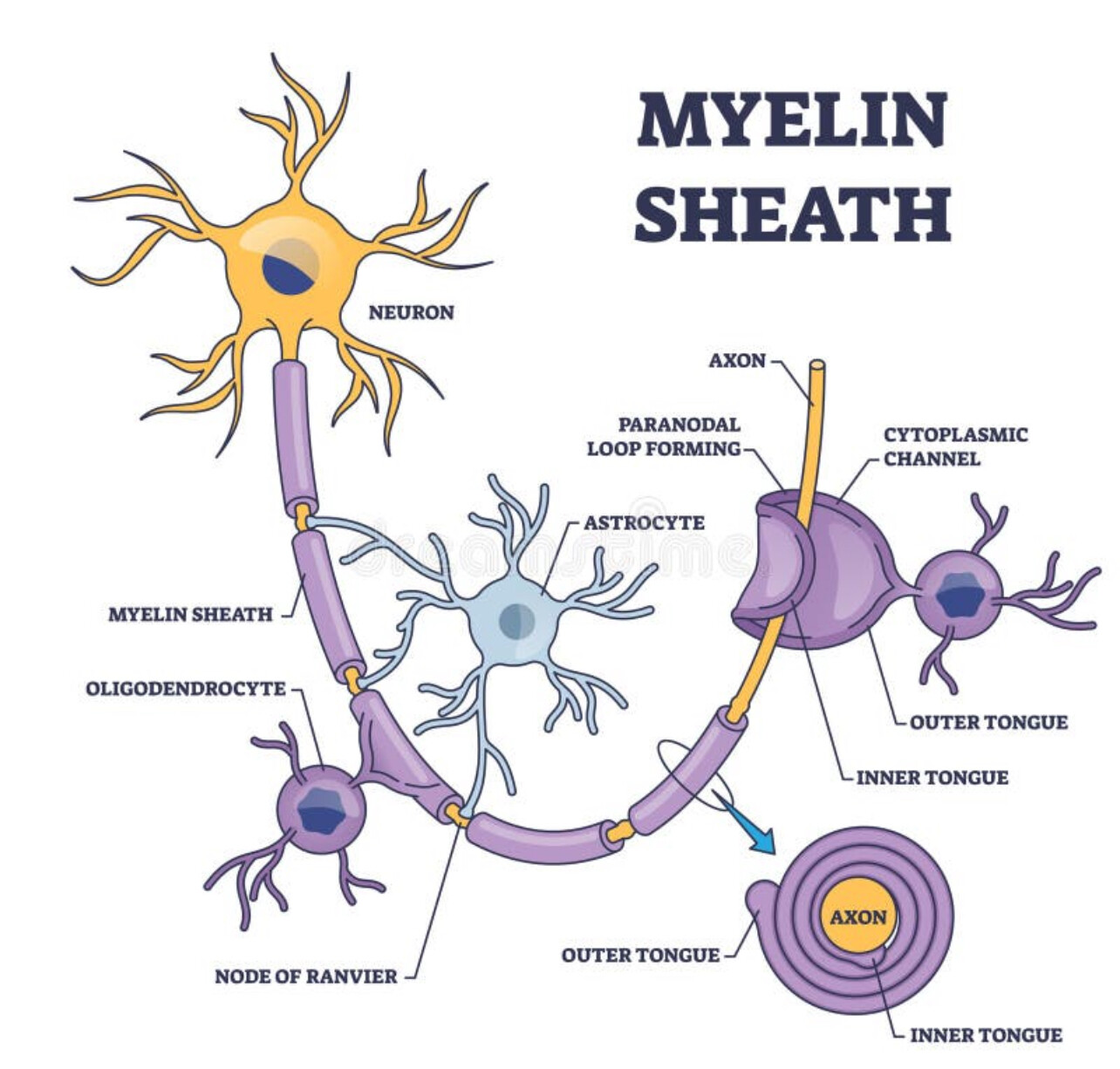Running News Daily
Running News Daily is edited by Bob Anderson. Send your news items to bob@mybestruns.com Advertising opportunities available. Train the Kenyan Way at KATA Kenya and Portugal owned and operated by Bob Anderson. Be sure to catch our movie A Long Run the movie KATA Running Camps and KATA Potato Farms - 31 now open in Kenya! https://kata.ke/
Index to Daily Posts · Sign Up For Updates · Run The World Feed
Marathon Running and Brain Myelin: Understanding Temporary Changes
Marathon running is a testament to human endurance, pushing both the body and mind to their limits. Recent research has unveiled that such prolonged physical exertion can lead to temporary reductions in brain myelin content, with levels typically returning to normal within approximately two months.
The Role of Myelin in the Brain

Myelin is a fatty substance that forms a protective sheath around nerve fibers, facilitating the rapid transmission of electrical signals between neurons. Comprising about 70–80% lipids, myelin is essential for efficient neural communication and overall cognitive function.

Research Findings on Marathon Running and Myelin

A study conducted by researchers at the University of the Basque Country examined the effects of marathon running on brain myelin content. MRI scans of ten participants (eight men and two women) were taken before and after they completed a 42-kilometer marathon. The results indicated a significant reduction in myelin water fraction—a marker of myelin content—in 12 specific brain regions associated with motor coordination, sensory perception, and emotional processing. Notably, follow-up scans showed that myelin levels began to recover within two weeks and returned to baseline approximately two months post-race.
Potential Mechanisms: Metabolic Myelin Plasticity
The observed decrease in myelin suggests that during prolonged endurance activities, the brain may utilize myelin’s lipid components as an alternative energy source when traditional nutrients are depleted. This adaptive mechanism, termed “metabolic myelin plasticity,” highlights the brain’s resilience in response to extreme physical exertion.
Implications for Runners
While the notion of reduced myelin might raise concerns, it’s important to emphasize that these changes are temporary and reversible. The study found no evidence of long-term detrimental effects on brain function. However, the researchers recommend further investigation to fully understand the implications of these findings.
Experiencing mental fatigue after a marathon is a common and likely transient response as the brain adapts to the demands of endurance exercise. Ongoing research continues to shed light on the complex interplay between physical activity and brain health, offering valuable insights for athletes and fitness enthusiasts.
by Boris Baron
Login to leave a comment




